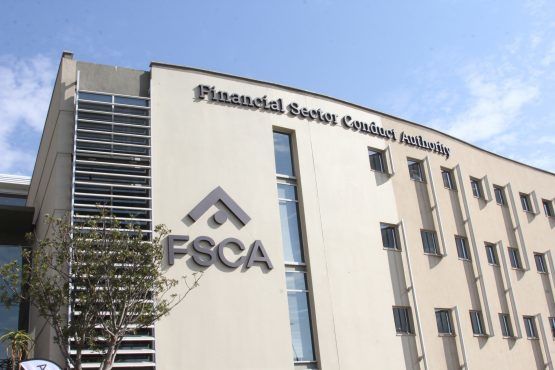South Africa’s Financial Sector Conduct Authority (FSCA), through the Financial Advisory and Intermediary Services (FAIS) Act, has declared that cryptocurrency assets are classified as financial products, allowing them to be regulated.
However, the FSCA’s head of regulatory frameworks, Eugene Du Toit, clarified that the move does not mean that cryptocurrencies are now legal tender in the country.
“We are not legitimising crypto assets,” Du Toit said at a press conference. “We are not giving credence to crypto assets.”
The declaration defines crypto assets as a digital representation of value that:
- is not issued by a central bank, but is capable of being traded, transferred or stored electronically by natural and legal persons for the purpose of payment, investment and other forms of utility;
- applies cryptographic techniques; and
- uses distributed ledger technology.
The declaration follows a public consultation process that began after the FSCA published the draft Declaration of Crypto Assets as a Financial product bill in November 2020. Following the publication of the draft, 22 different commentators sent in a total of 94 individual comments.
Together with the declaration, the FSCA also published a policy document that clarified the declaration’s effect, including transitional provisions. The policy detailed plans to establish a regulatory and licensing framework that would apply to Financial Services Providers (FSPs) that provide crypto asset services.
The transitional arrangements state that a person may continue to render crypto asset service assets without being licensed, provided that they apply for a licence between June 1, 2023, and November 30, 2023.
The declaration further states that “…crypto asset miners and node operators performing functions in respect of the security and health of the network as well as persons rendering financial services in relation to non-fungible tokens will be exempted from abiding by the provisions of the FAIS Act.”
According to the head of the FSCA, Unathi Kamlana, the declaration will enable authorities to tackle crypto scams and protect customers, having previously had no power to do so.




















